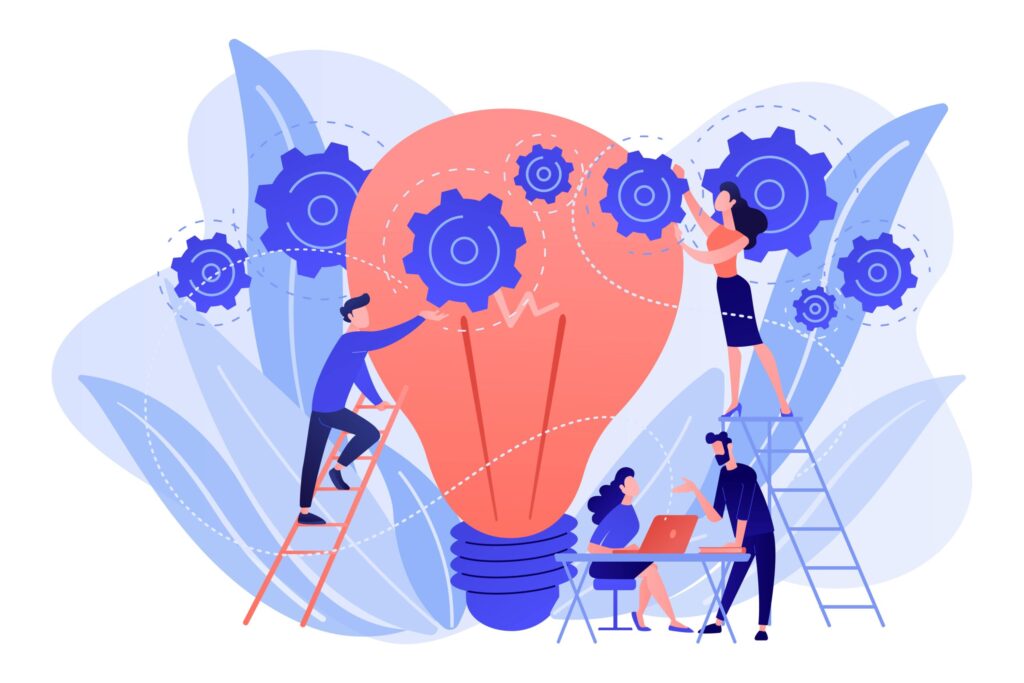
Do you remember the days when businesses operated within a strict 9-to-5 schedule? For a long time, customers knew that outside of business hours, they’d have to wait until the next morning for help. Well, those days are fading fast. Today, it’s all about being ‘always on.’ But what does that really mean?
In simple terms, ‘always on’ refers to a business being available to customers around the clock. It’s not just about staying open 24/7; it’s about delivering continuous service and support no matter when or where your customers reach out. If your business isn’t available when your customers need you, chances are someone else will be.
What Does ‘Always On’ Mean for Businesses?
You’ve probably noticed how some businesses respond instantly no matter what time you contact them. Whether it’s for a quick product inquiry, troubleshooting a technical problem, or following up on an order, having someone—or something—available at all times has become a new customer expectation. For businesses, this is about more than just convenience. It’s about building trust and loyalty by offering that extra layer of accessibility.
Businesses that embrace this model can address customer needs quickly and efficiently, avoiding the frustration that can come from delayed responses. Being ‘always on’ also means having the infrastructure to provide seamless service across multiple channels—phone, email, social media, live chat, and more.
The Role of AI Chatbots in the ‘Always On’ Model
One of the key players enabling businesses to be ‘always on’ is AI chatbots from the likes of BotBuilders. These bots are designed to handle a variety of tasks, from answering frequently asked questions to guiding customers through complex troubleshooting processes. And the best part? They never need sleep.
AI chatbots are especially popular in customer service. They can interact with customers via text or voice, providing instant responses 24/7. This means no more waiting for an agent to become available or working within specific business hours. If a customer has a question at 3 a.m., the chatbot is ready and able to assist. And with advancements in natural language processing, these bots are getting better at understanding and solving more complex issues, delivering a personalized experience that feels almost human.
Incorporating AI chatbots into your customer service strategy can help your business stay competitive in this ‘always on’ world. It’s a game changer for businesses of all sizes, especially those that operate globally and need to cater to customers in different time zones.
Why Customers Expect 24/7 Access
So, why has this shift happened? Why do customers now expect businesses to be available 24/7? The answer lies in the fast-paced, digital world we live in. Customers are used to getting what they want, when they want it. Whether it’s streaming a movie, ordering a product, or booking a service, the convenience of instant access has changed customer behavior. And businesses have had to adapt.
Consider how e-commerce has exploded. You’re no longer limited to the opening hours of a physical store. You can shop online at any time, compare prices, read reviews, and make purchases, all from the comfort of your couch. Naturally, this has led customers to expect the same level of availability when it comes to customer service.
If a problem arises, they don’t want to wait for business hours to get it sorted—they want answers immediately. Whether it’s a quick product question, a billing issue, or troubleshooting, customers appreciate businesses that can solve their issues when it’s convenient for them. Not tomorrow or the next day, but right now.
Benefits of the ‘Always On’ Business Model
Embracing an ‘always on’ business model brings several advantages:
- Improved customer satisfaction – Customers feel valued when they know they can get support at any time, which leads to higher levels of satisfaction and loyalty.
- Increased sales opportunities – Being available 24/7 means you can capture sales outside of normal business hours, especially if you operate in multiple time zones or target international markets.
- Reduced operational costs – AI tools like chatbots can help handle customer queries without needing human staff for every interaction, cutting down on staffing costs while maintaining a high level of service.
- Enhanced brand reputation – Companies that are ‘always on’ build a reputation for being reliable and customer-centric, which can help distinguish you from the competition.
- Scalability – The ‘always on’ model allows businesses to scale operations without having to dramatically increase staffing or infrastructure, making it easier to grow without added complexity.
Challenges of Being ‘Always On’
Of course, there are some challenges to going ‘always on.’ Maintaining quality control when providing round-the-clock service is crucial. You need to ensure that customers get consistent, high-quality responses, whether they’re interacting with a human or an AI chatbot. Managing expectations is also important. Just because a business is ‘always on’ doesn’t mean that complex or highly specific problems can always be solved immediately. Being transparent about what customers can expect from your ‘always on’ service is key to avoiding frustration.
Is Your Business Ready to Be ‘Always On’?
The shift to an ‘always on’ business model might sound daunting, but the benefits are hard to ignore. The reality is that customers expect businesses to be available when they need them, not when it’s convenient for the business. With the right tools, such as AI chatbots, and a well-thought-out strategy, it’s possible to meet these expectations without compromising on quality or breaking the bank.
With a solid foundation in technology, backed by a BIT degree, Lucas Noah has carved a niche for himself in the world of content creation and digital storytelling. Currently lending his expertise to Creative Outrank LLC and Oceana Express LLC, Lucas has become a... Read more